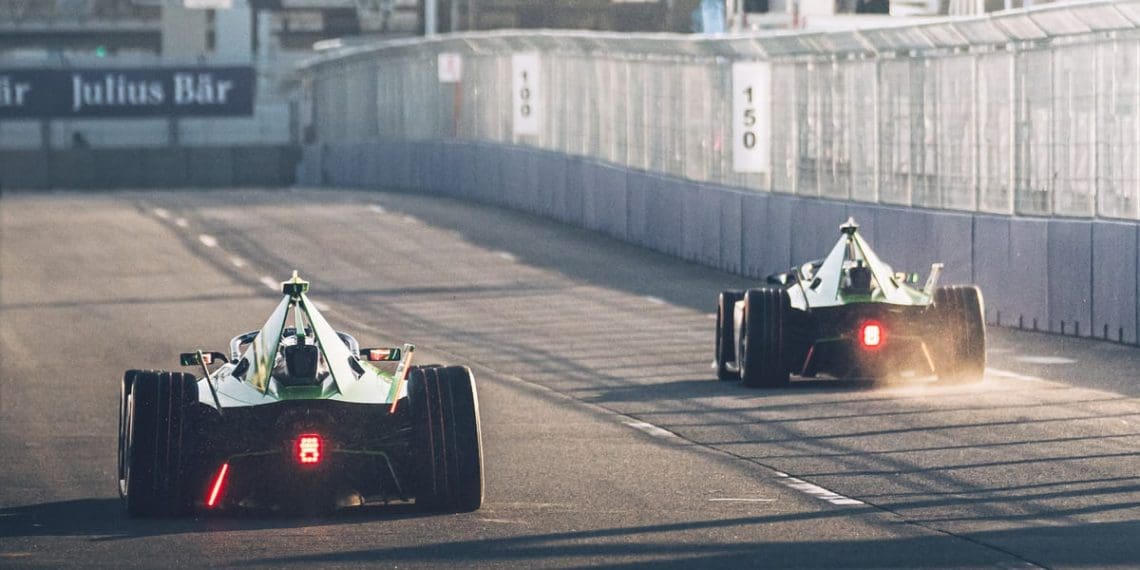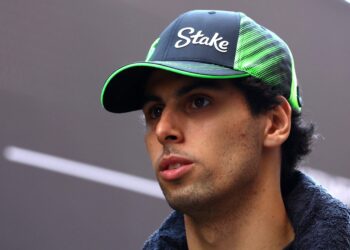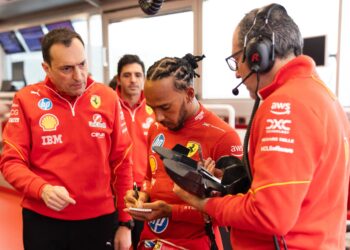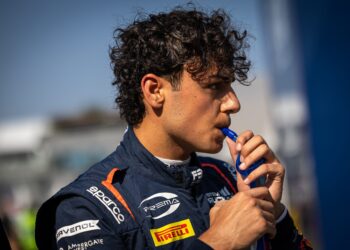The Abu Dhabi Autonomous Racing League was perplexed and surprised by the disappearance of Envision Racing, the current team champion. Despite having access to one of the best technical packages on the grid through its partnership with Jaguar, Envision only managed to score an average of four points per race and dropped to eighth place in the standings. The team’s difficulties can be attributed to three key factors, including the departure of driver Nick Cassidy to Jaguar, the domination of other manufacturers in the Gen3 rules, and a better understanding of group racing among the teams.
The decline in Envision’s performance can be partially attributed to the departure of driver Nick Cassidy, who has excelled at Jaguar and currently leads the driver’s championship. Cassidy’s strategic ability and his ability to work with his team were crucial to Envision’s success last season. Additionally, the domination of other manufacturers in the Gen3 rules put Envision at a disadvantage. Manufacturers such as Porsche, Nissan, and DS Penske significantly outperformed their customer teams, including Envision.
The strong relationship between Envision and Jaguar did not translate into success on the track. Despite sharing data and resources, Jaguar accumulated an impressive 250 points more than Envision this season. This discrepancy cannot be solely attributed to incidents or occasional poor performances. It reflects a fundamental difference in performance and understanding of the cars.
The difficulties of Envision can also be attributed to a better understanding of group racing among teams. Last season, Envision was able to strategically navigate these races and achieve victories. However, this season, other teams have reached the same level and the level of risk has increased significantly. The battles in the midfield have become more intense, with drivers willing to take monumental risks. The gaps between the grids have also narrowed, making it more challenging for Envision to secure top-eight starts.
The combination of these factors has had a psychological impact on Envision drivers Sebastien Buemi and Robin Frijns. Both drivers dislike the group racing structure of Formula E and have struggled to adapt to the racing style. The intense competition and the risk of injuries have added further challenges. Despite occasional podium finishes and decent pace, Envision has struggled to consistently perform in a highly competitive field.
Looking to the future, Envision’s future plans are uncertain. The clash between the Berlin E-Prixs and the Interlagos stage of the WEC in July brings challenges for Buemi and Frijns. The team will need to reflect on their performance and find ways to adapt to the unique demands of Formula E races.










